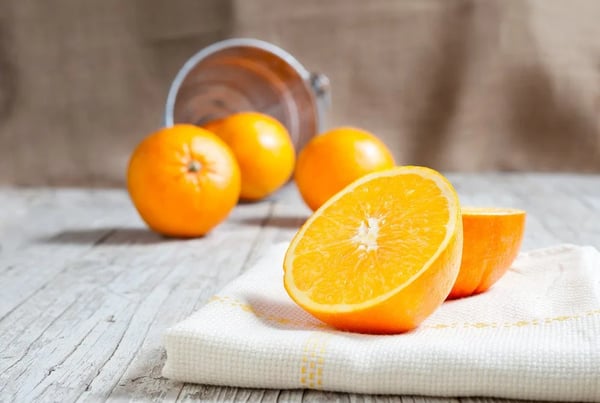
Staying healthy and strengthening our immune systems is always priority number one. The phrase "An apple a day keeps the…

The avocado is without fail one of nature's most indulgent offerings: its richness, creaminess, and delicate flavor are unparalleled. Adding…

Barbecue sauce is not just a condiment; it's a crucial component that can elevate your grilled and smoked meats from…

Making a chicken and gravy dish is about creating something warm, hearty, and satisfying. It's the kind of meal that…